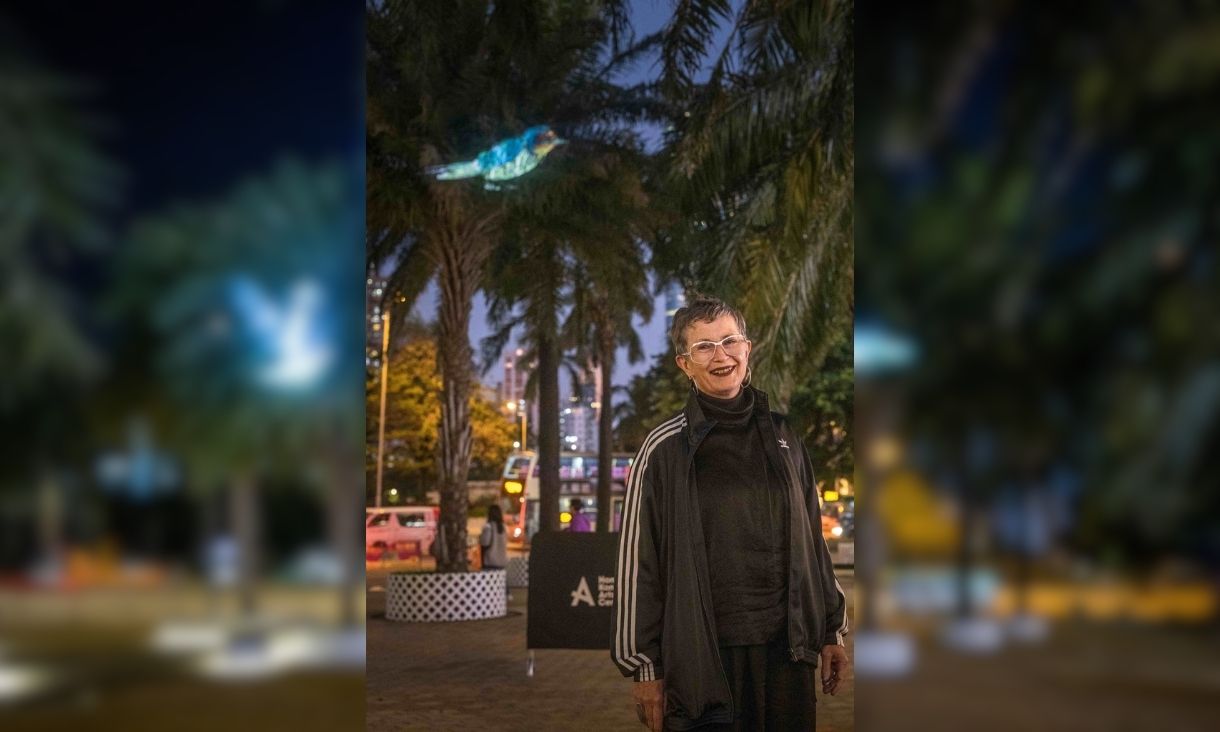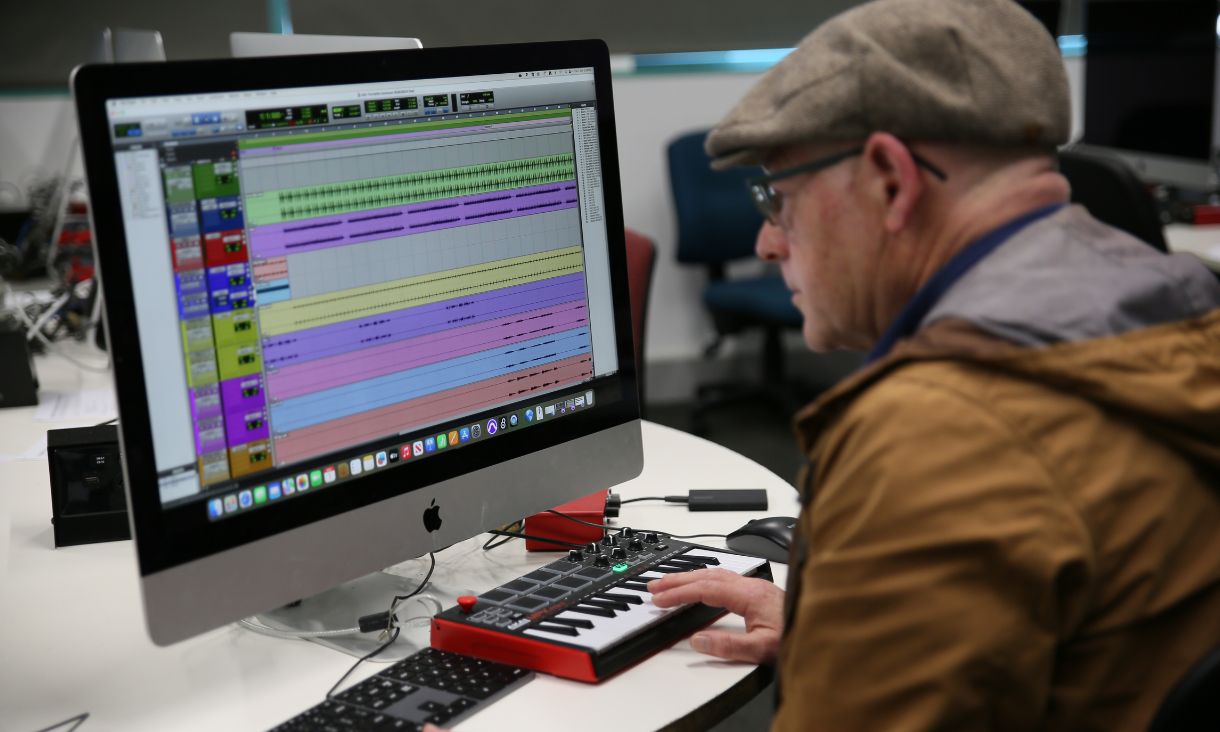The roll-out of the NDIS, a rapidly ageing population and an increased response to family violence are driving exponential growth in the number of Australians who will require the services of a responsive and innovative social care sector.
It’s a scenario that begs a whole new approach to social and community services, and one that offers a lifetime opportunity to skill, re-skill and be mobile between health and social assistance sectors.
RMIT experts have outlined the University’s varied approach to navigating the complex challenges ahead in the healthcare and social service sector as part of ignite, a joint event with the Victorian Chamber of Commerce and Industry (VCCI).
The University is leading the charge in this space thanks to collaborative projects with cutting-edge organisations to develop ground-breaking products and services.
RMIT Vice-Chancellor and President Martin Bean CBE said the University had the ability to work with community and global industry networks to drive employment and innovation outcomes that will meet the needs of communities today and tomorrow.
“At RMIT we recognise our responsibility is great and nowhere is it greater than in the realm of social care. That’s exactly why RMIT and VCOSS came together to form the Future Social Service Institute (FSSI).
“As a University that prepares students for the realities of life and work, we’re listening and more importantly, we are responding,” Mr Bean said.
Victorian Chamber of Commerce and Industry Chief Executive Mark Stone AM said the Victorian Chamber was delighted to partner with RMIT to emphasise the potential opportunities and benefits when businesses and research institutions collaborate.
“Given the staggering projection that by 2022 one in four new jobs will be created for the healthcare and social services sector, it is critical that skills shortages within this field are addressed and a higher level of training is delivered.
“Intuitive businesses are already starting to upskill their staff and implement new business models and products which deliver customer-centric innovation. Initiatives such as ignite+RMIT are helping bridge the gap between research and commercialisation.
“It is in Victorians’ and Victorian businesses’ best interests to take these opportunities to learn how they can partner with a university to help their business gain a competitive edge,” Mr Stone said.
Experts at ignite included Dr Leah Heiss, a multi-award-winning designer working at the nexus of healthcare, technology and experience.
Heiss has collaborated with experts in nanotechnology, engineering, health services and manufacturing to bring human-centred technologies and experiences to life.
She most recently designed Facett, the world’s first self-fit modular hearing aid for profit-for-purpose company, Blamey Saunders hears.
Micaela Cronin, incoming Director of the Future Social Service Institute (FSSI), a collaboration between RMIT and VCOSS, funded by the Victorian government, said FSSI was ideally placed to lead and influence at this crucial moment in time.
“We’ve certainly got a burning platform and an accepted need for change.
“We have an opportunity and a responsibility to listen to people’s experiences, learn through co-design and lead transformation change,” Cronin said.
“RMIT brings together higher education and research capabilities, vocational education and a deep knowledge of how to work in partnership with industry.”
The ignite series is an exciting collaboration between VCCI, Victorian universities, CSIRO, the Victorian Government, IP Australia and businesses, to highlight, encourage and foster Victoria’s revolutionary industry-linked innovation and research capabilities.
Story: Karen Phelan




